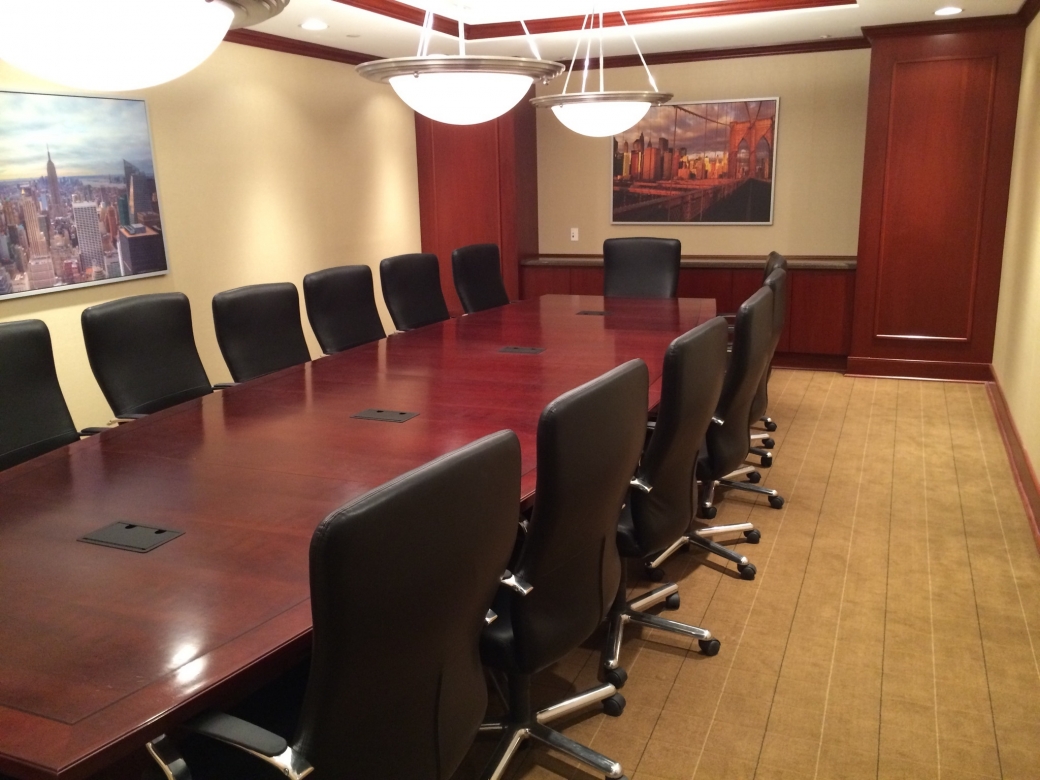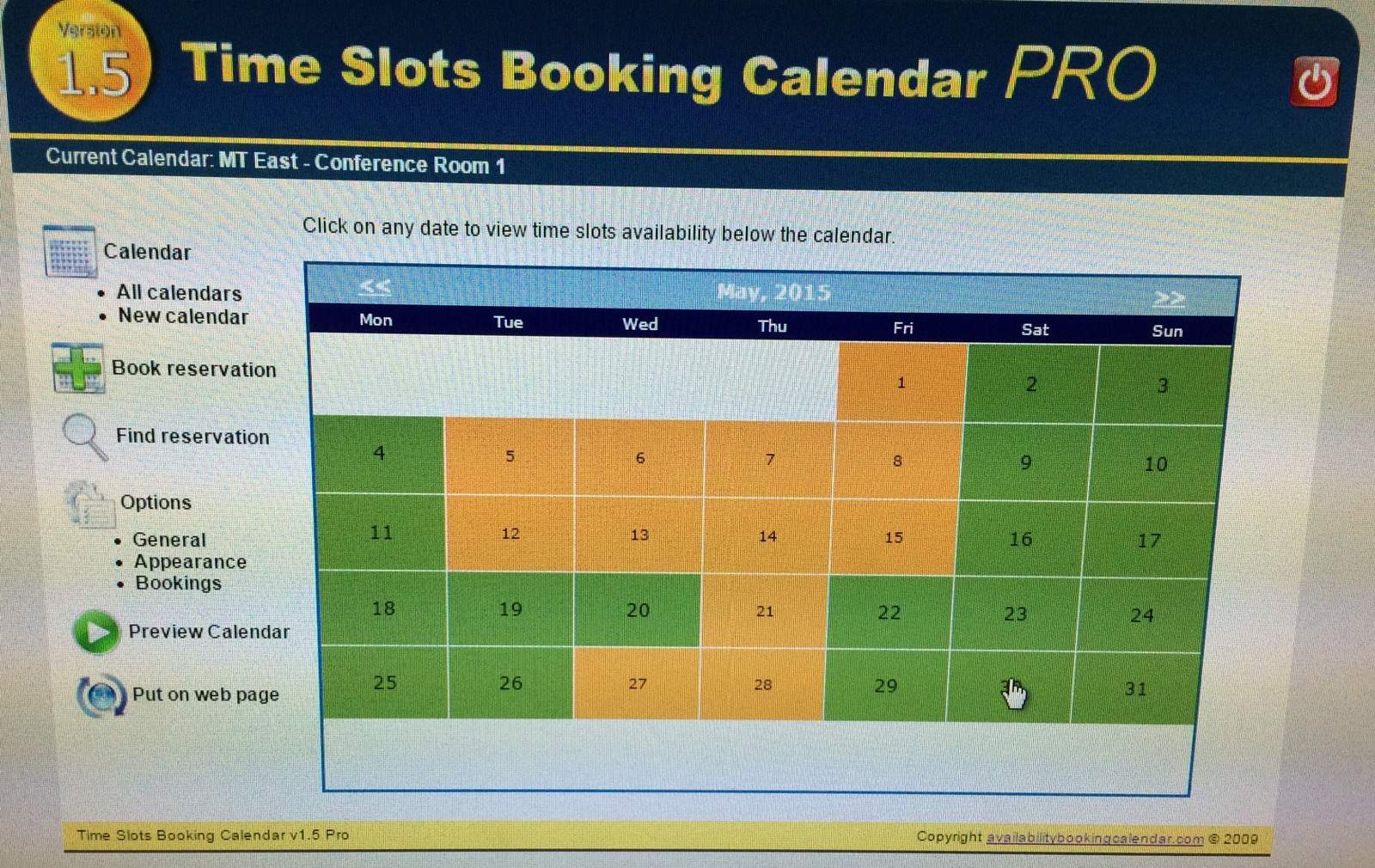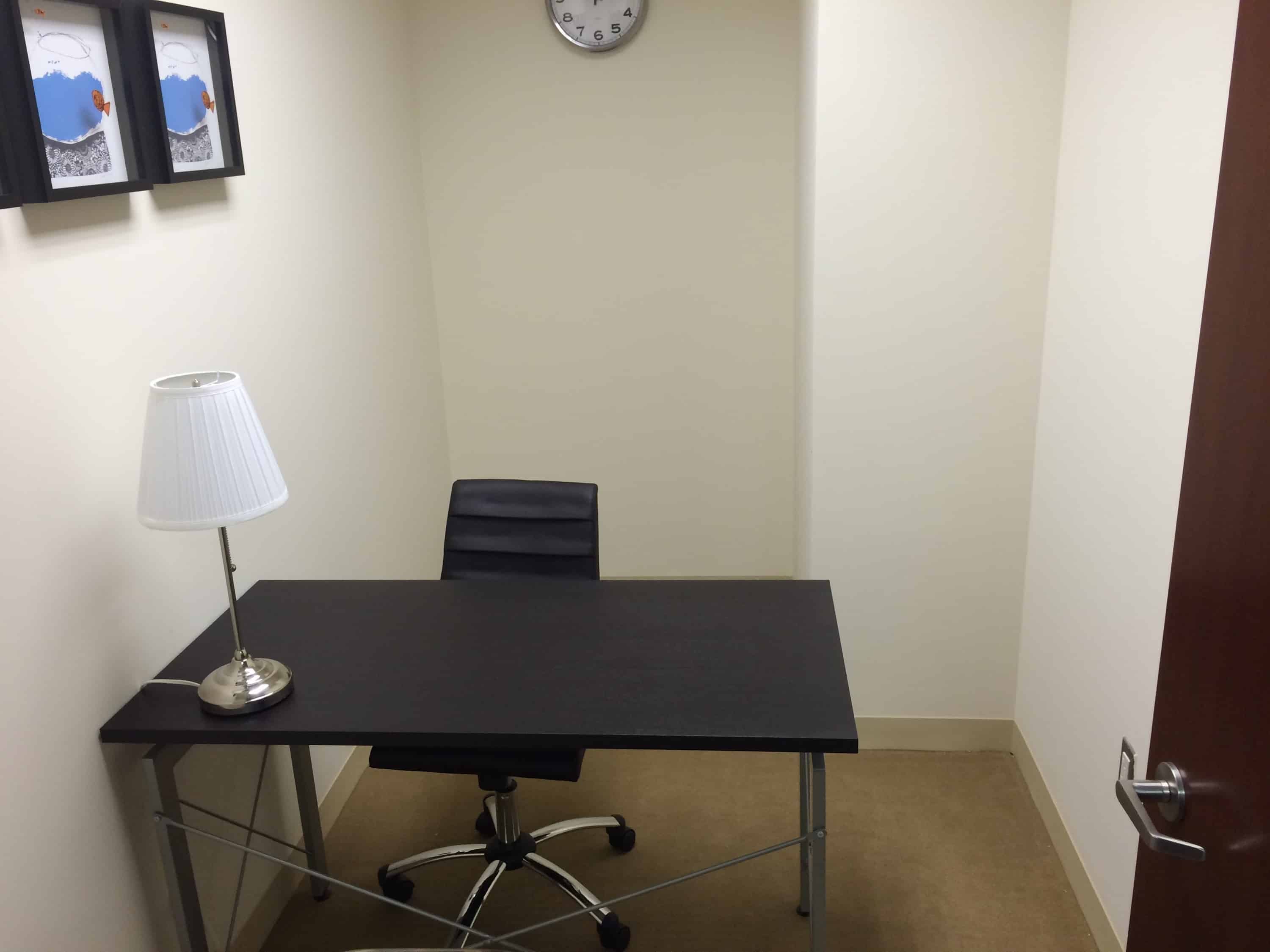Adequate conference rooms is a top selling feature for shared office space. Proper conference room etiquette is the key to demonstrating respect.
Conference room usage is an integral part of an attorney’s path to success, especially the attorney in a shared office space. An attorney in a shared space must always be aware of proper conference room etiquette because it can have an effect on one’s referral potential. A rude suitemate is never well-liked and in a shared office space for attorneys, you may be killing your chances of increasing your referral potential.
Good behavior in any sense is obvious, but when it comes to conference room time in a shared office space it is critical. However, many still do not recognize this fact.
At Law Firm Suites, there are both “written” and “unwritten” rules for conference room etiquette. Following these rules will keep you in the esteem of your colleagues and negate from any negativity.
1. Leave the conference room cleaner than what it was.
It may seem obvious, but keeping a clean area is important, especially for a lawyer’s productivity. However, this rule may not be as important to one lawyer as it would the next.
It’s not fair to have the next guest walk into a mess that you left. This can be avoided even if you don’t have enough time between booking. If the time allotted is thin, ask onsite staff to help so no one gets embarrassed.
2. Schedule your meetings accordingly.
Having someone walk in an important meeting never looks good to the client. What if a deposition was taking place or a client was discussing confidential divorce matters?
Conference room time should be scheduled to accommodate the meeting time so no one mistakenly walks in because it is their turn. You may be asked to leave the conference room and there is no guarantee that a conference room will be available, putting you in an awkward situation.
3. Never just jump into an empty conference room.
Conference room booking system not only promote orderly booking but fairness in usage. If a conference room is seemingly empty, don’t just pop in like you own the place.
You never know what could happen in the next thirty seconds and you can be met by a slew of clients and the designated attorney confused by your presence.
4. The conference room is not your other office.
A big table to spread out and do your work is often one of the most desired things to do. If it’s in your own office then by all means do it, but it’s often frowned upon in a shared office space, especially if another attorney needs the space to meet a client. Your own work can be accomplished at your desk and if you do not have adequate space, arrangements can be made in your office space to use an vacant office on a temporary basis.
5. If you double book conference room, cancel one.
Reservation calendars are important to check and be aware of because it negates from double booking. When one happens to double book, it is important to cancel so that someone else who needs it can use it.
6. Book a room early, cancel early too.
It can be difficult to schedule a meeting with a client. Sometimes they even happen the same day! If a meeting is scheduled, make sure you book the room as soon as possible. If it’s happening days before, don’t wait until the last minute to do so. Otherwise, you could find yourself without a conference room. This is not the fault of the receptionist.
Also, when you have a cancellation, discuss with onsite staff about cancelling.
7. If someone isn’t respecting your time, ask the onsite staff to handle it.
Unless there are no other options, try not to handle a conflict yourself. This may lead to hard feelings between you and the other lawyer, which may jeopardize your working relationship. Have a receptionist or the office center manager be the “bad guy.”
8. Be accommodating.
Sometimes we want the largest and grandest conference room available. Who wouldn’t?
A lot of the time it’s a good look for our clients and gives us the ego boost we need. However, if you are having a meeting for one person and book a room that can seat 20, make sure someone else with a larger party doesn’t need it and offer to use the smaller room.
It seems like a small gesture, but accommodating another suitemate can help you positively in the future.






on said:
You made good point that a conference room is not an office so doing personal work in it would be looked down upon. I’m planning to see if I could rent a conference center in the future because I’m planning to start a game development company someday. Having a place where I could formally discuss things with clients and partners would definitely add to the professionalism and credibility of my company.